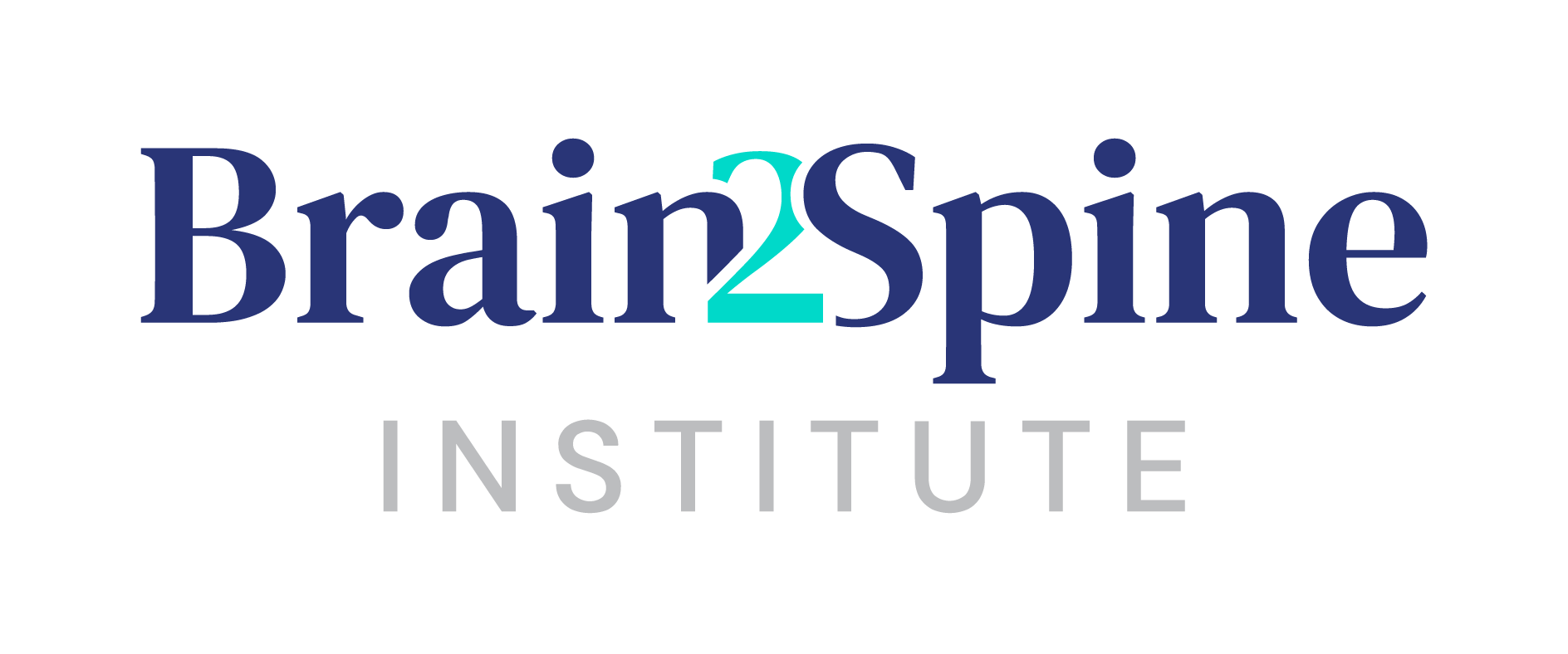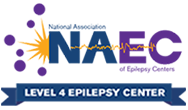The ulnar nerve, which runs from the shoulder to the little finger, is responsible for the muscles that allow fine finger movement. It also controls some muscles in the forearm that allow you to grip things tightly. Injuries to the ulnar nerve are relatively common since it is not securely protected by muscle or bone. If you have ever hit your funny bone and experienced that shock-like sensation, you have experienced ulnar nerve stimulation.
Damage to the ulnar nerve can lead to loss of sensation or muscle weakness. Some cases of ulnar nerve dysfunction are temporary while others may be the result of a progressive disease.
Ulnar Nerve Symptoms
Some cases of ulnar nerve dysfunction, such as ulnar nerve palsy, may worsen overtime. Ulnar nerve palsy is a progressive condition that may result in severe complications if left untreated. Common conditions of ulnar nerve palsy include:
- Loss of sensation in the hand, especially the last two fingers
- Loss of coordination or control in the fingers
- Tingling sensation in the hand
- Pain in the hand
- Weakness that worsens with use
- Loss of grip strength
Ulnar Nerve Causes
When the ulnar nerve is damaged, it becomes difficult to send messages to and from the brain. The exact cause of ulnar nerve dysfunction may not always be clear. However, the following are common causes of damage:
- Illnesses that damage the nerves
- Injuries to the nerve such as blunt force trauma
- Excessive pressure on the nerve
- Nerve pressure due to excessive swelling
- Elbow fracture or dislocation
Ulnar Nerve Treatment
In cases of severe damage, surgery may be necessary to help relieve painful symptoms. However, there are a number of nonsurgical ways to treat ulnar nerve dysfunction if the condition has not progressed too severely. Possible treatments include:
- Over-the-counter pain relievers
- Medications to reduce nerve spasms
- Steroids to reduce inflammation
- Splint to support the hand
- Physical therapy to regain strength and prevent further damage
For a comprehensive evaluation from the experts at Brain2Spine Institute, call 727-828-8400.






